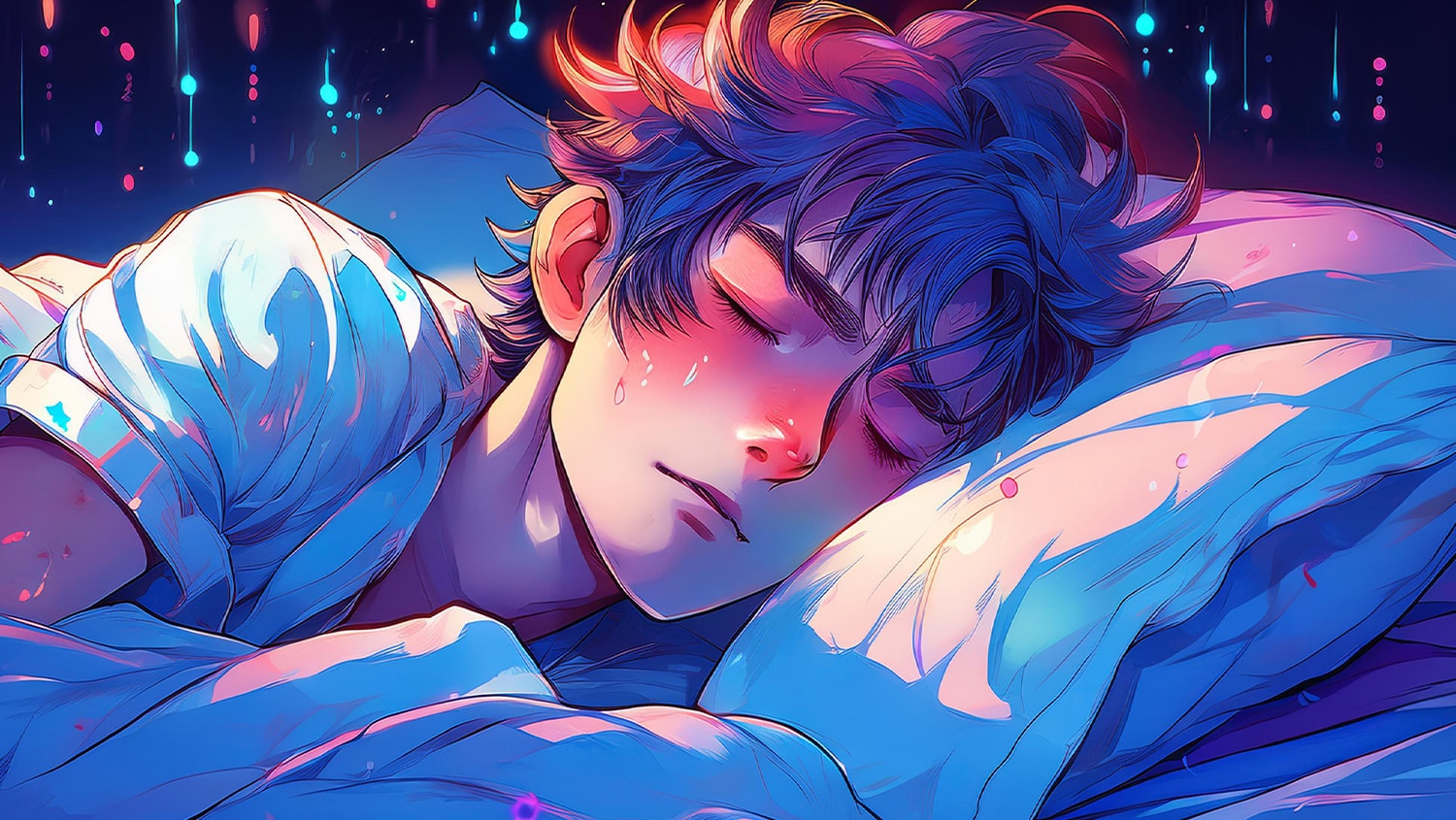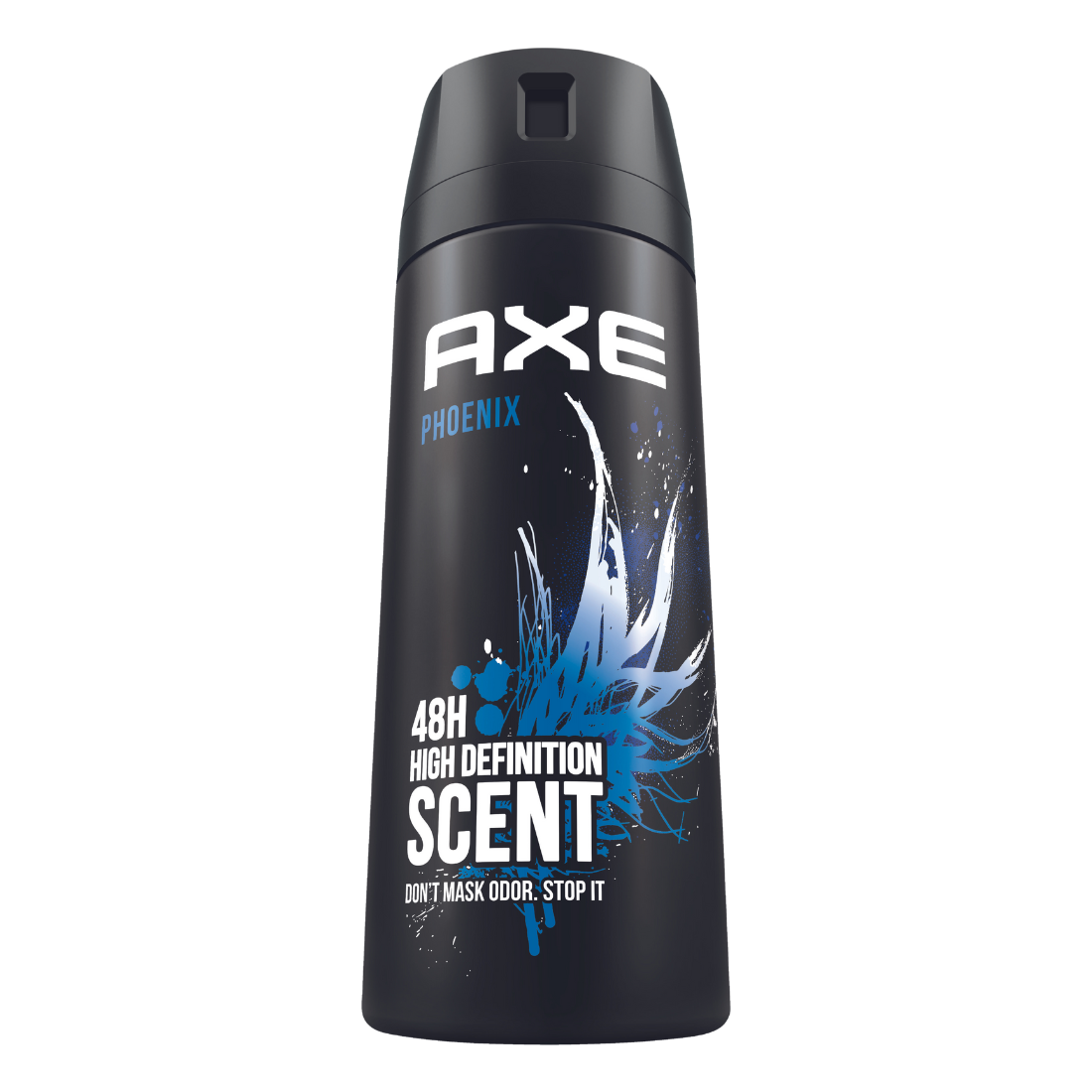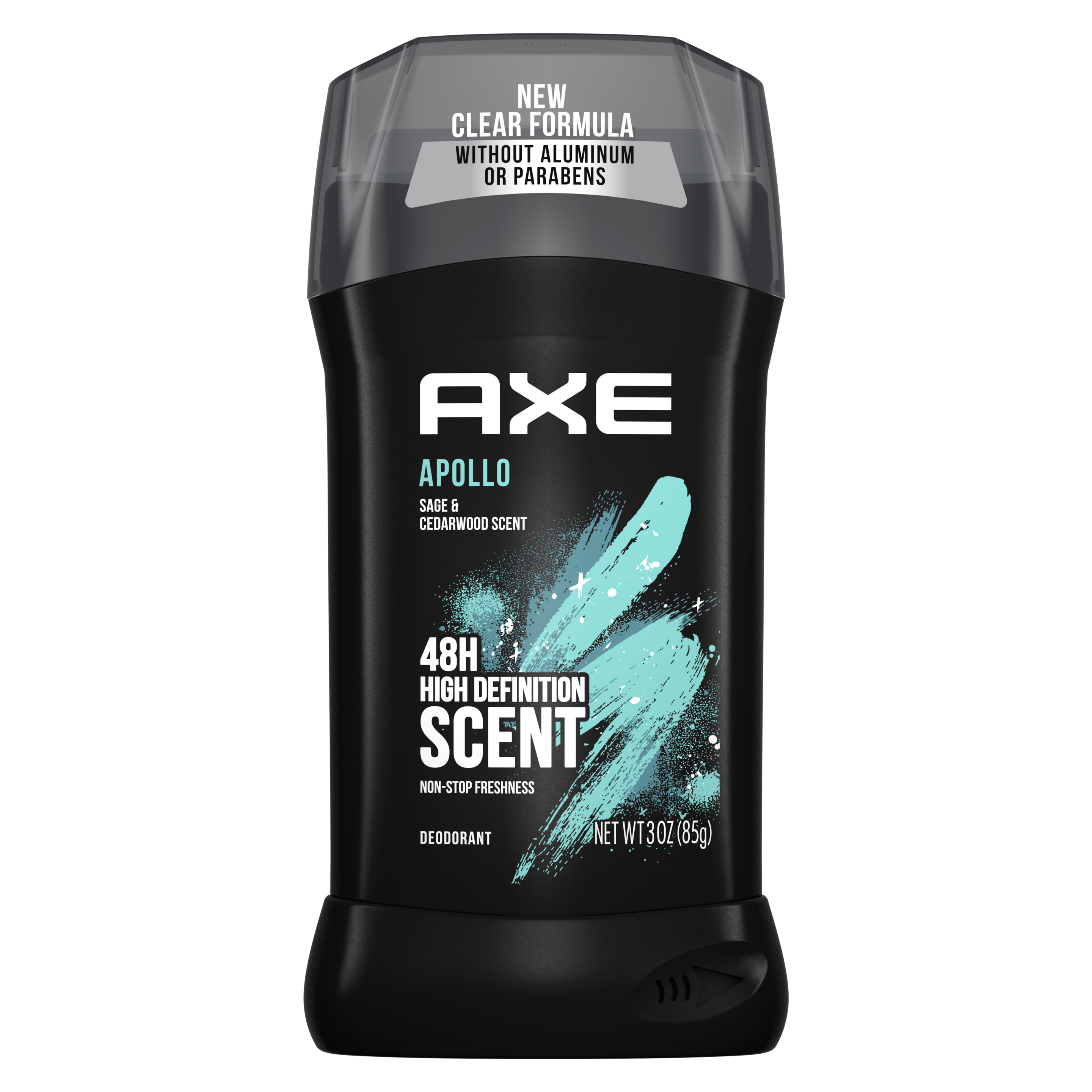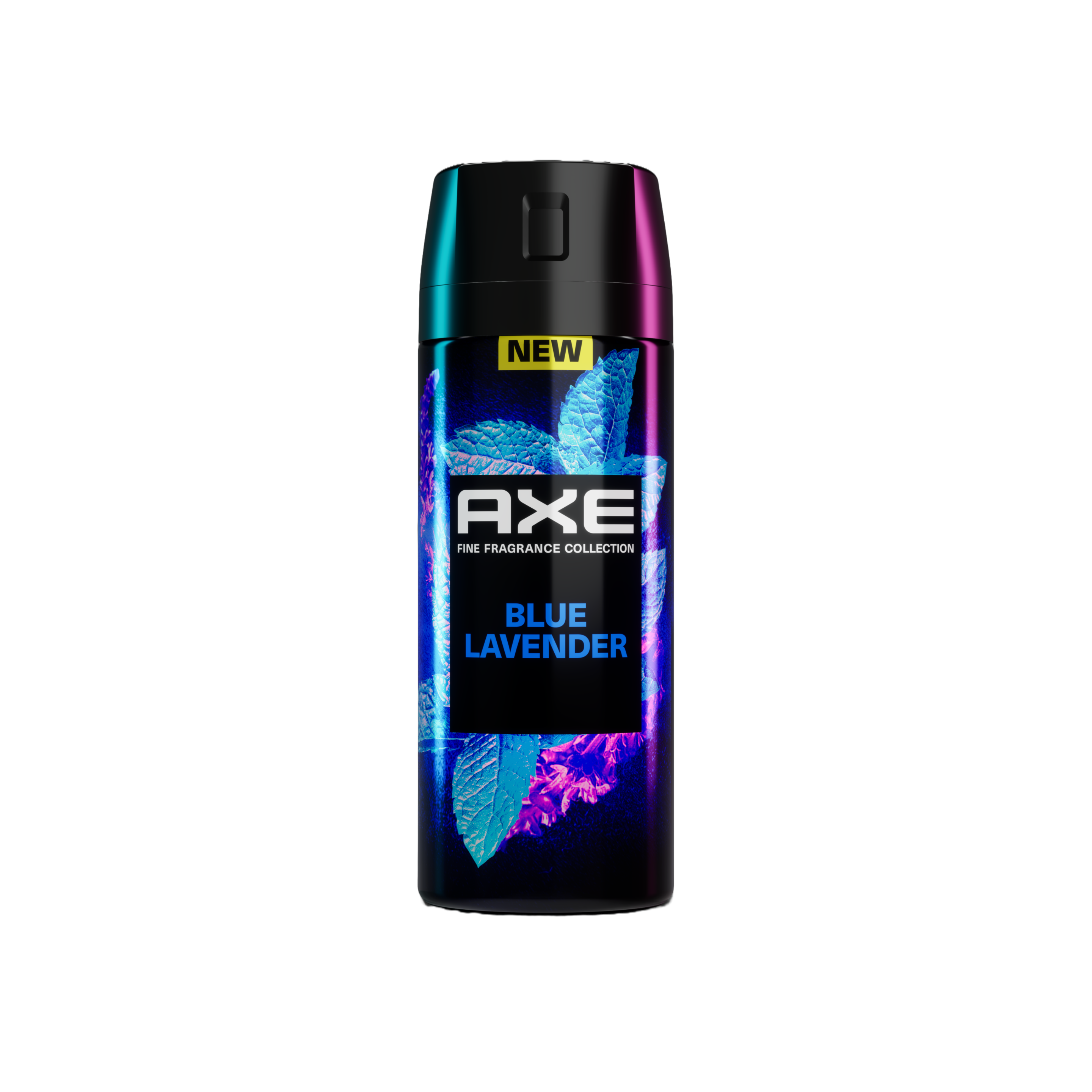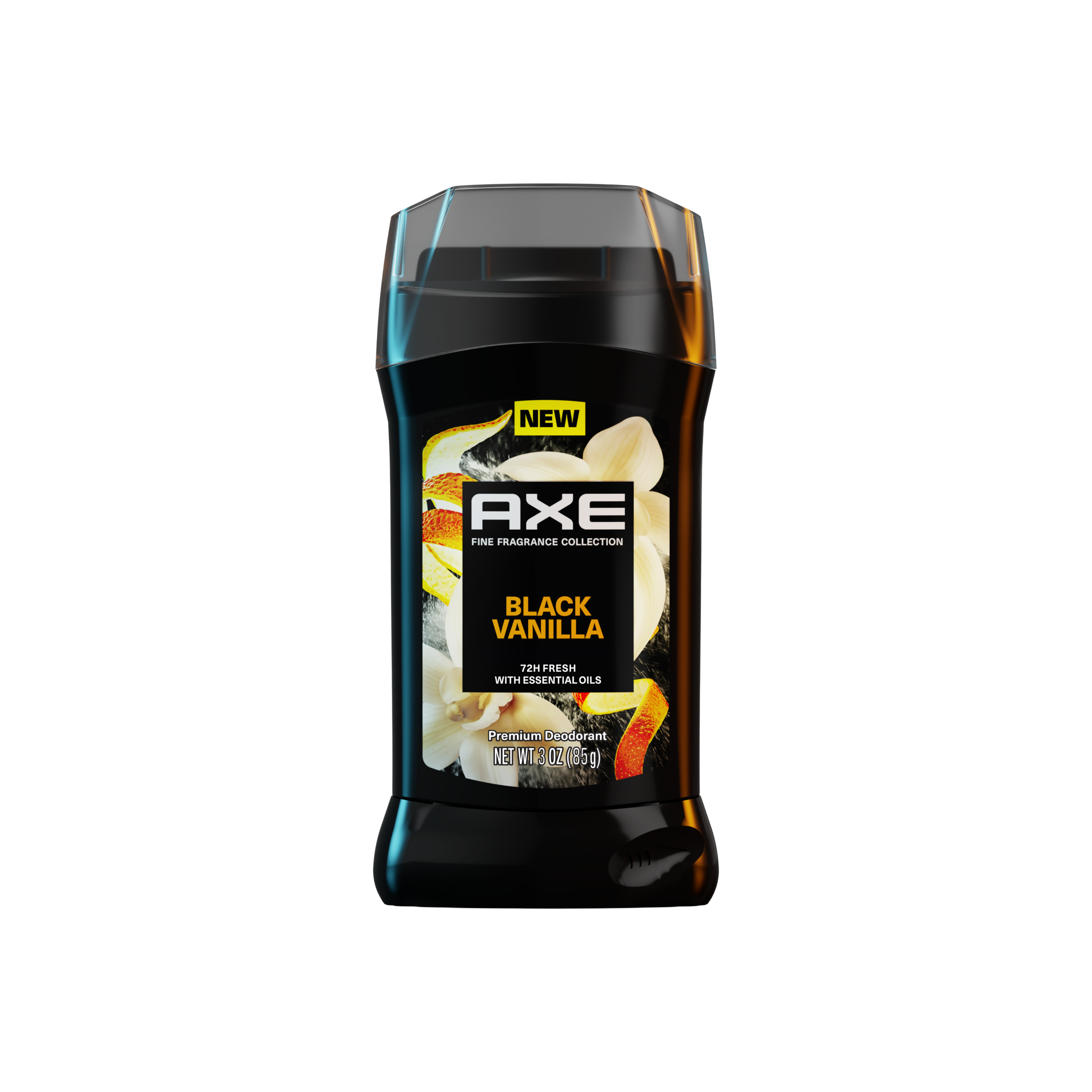Night sweats can be a real buzzkill, right? You’re catching some z’s, dreaming about your next big adventure, and then BAM! You’re waking up like you’ve just done laps in your sleep. Night sweats can disrupt your sleep and leave you feeling less than fresh. If you’ve ever wondered, “Why do I sweat when I sleep?”, here are the top causes of night sweats and some tips to keep you cool and dry.
The Top Causes of Night Sweats
1. Hormonal imbalances
Hormone imbalances like thyroid issues or high cortisol levels can cause night sweats. When your hormones are out of whack, your body’s temperature regulation can go haywire, making you sweat excessively while you sleep.
2. Medications
Certain meds, like antidepressants and fever reducers, can make you sweat more than usual. If you wake up drenched, check your medicine cabinet.
3. Infections
Infections from mono to the flu can cause night sweats as your body fights off the illness. If persistent, it’s best to consult a doctor.
4. Sleep environment
Sometimes, it’s as simple as your room being too hot or your bedding being too heavy. A stuffy sleep environment can turn your bed into a sauna.
5. Diet
Spicy or strong foods, caffeine, and alcohol can all trigger night sweats. If you’re a fan of late-night hot wings, you might want to reconsider.
6. Stress and anxiety
Your mind and body are connected in more ways than you think. High stress and anxiety levels can cause your body to sweat more, even when you’re asleep.
7. Medical conditions
Conditions like hyperhidrosis excessive sweating or sleep apnea can lead to night sweats. If you suspect a medical condition, it’s best to consult a healthcare professional.
8. Exercise
Working out is great, but if you’re hitting the gym late at night, your body might still be cooling down when you hit the sack, leading to night sweats.
9. Genetics
Sometimes, it’s just in your DNA. If your parents were night sweaters, there’s a good chance you might be too.
10. Men’s health issues
For the guys, low testosterone levels can be a culprit. If you’re wondering, “Why do I sweat when I sleep, male edition?”, this could be your answer. Consult a doctor to see if this fits your symptoms.
Top Tips to Manage and Reduce Night Sweats
Stay cool and sweat-free with these simple hacks! Here are the top tips to help you manage those annoying night sweats.
1. Cool down your sleep environment
Keep your room cool, around 60-67°F. If your room tends to get warm, invest in lightweight, breathable bedding made from cotton or linen, which can help wick away moisture. You can also try using a fan or air conditioner to circulate cool air. Don’t forget to keep the windows open if the weather allows—fresh air can make all the difference!
2. Choose the right deodorant
Staying dry and comfortable while you sleep starts with finding the right deodorant. Go for one that’s specifically designed to keep you cool and control sweat, even during the night. Axe body sprays are a solid choice, offering a variety of refreshing fragrances that keep you feeling fresh while giving you confidence around the clock. Whether you're a fan of a more subtle scent or something bold, there's an option for every personality.
3. Stay hydrated
Drink plenty of water throughout the day. Staying hydrated helps regulate your body temperature. When your body is properly hydrated, it's better equipped to cool itself down and reduce the likelihood of night sweats. Keep a glass of water by your bedside in case you wake up feeling hot and thirsty.
4. Mind your diet
Your late-night hot wings might be delicious, but they could be sabotaging your sleep. If you're prone to night sweats, try eating lighter, more digestible meals in the evening, and avoid heavy or spicy food close to bedtime.
5. Relax before bed
Your mental state can have a huge impact on your night sweats. High stress or anxiety levels often lead to an increase in sweat production, even while you're asleep. Practice relaxation techniques like deep breathing, meditation, or reading a book to reduce stress and anxiety.
6. Wear breathable clothing
Go for moisture-wicking pajamas. Natural fabrics like cotton are your best bet. If you prefer to go without clothes while sleeping, even better! Sleeping in the buff can help your body regulate its temperature naturally, reducing the risk of night sweats.
7. Check your medications
Some meds can totally make you sweat buckets at night. If you’re taking anti-depressants or fever reducers, and you're waking up drenched, you might want to find out if there are other options that could work better for your body.
8. Exercise earlier
We all know exercise is great for your health, but if you’re working out too close to bedtime, your body might not have enough time to cool down before you hit the sack. Try to work out earlier in the day. This gives your body time to cool down before bed.
9. Consult a doctor
If night sweats keep crashing your sleep party, it’s time to see a pro. Your doc can help rule out anything serious and figure out what's really going on. Plus, while you’re there, ask about supplements—they could help in the fight against sweat and body odor!
10. Apply deo at night
Applying deodorant at night can be a game-changer for reducing night sweats. When you use an antiperspirant deodorant stick before bed, it gives the active ingredients time to sink in and block sweat glands, working its magic while you sleep. This preemptive strike against sweat helps keep you drier throughout the night. With popular scents like Axe Apollo, you’ll not only smell amazing, but you’ll stay dry no matter how much you toss and turn.
FAQ: Night Sweats Edition
Q: Why do I sweat when I sleep, male-specific reasons?
A: For guys, low testosterone levels and certain men’s health issues can contribute to night sweats while you sleep. If you're worried, it’s a good idea to consult a healthcare pro to figure out what’s going on.
Q: Why is my sweat smelly at night?
A: That night sweat smell? It’s usually from bacteria on your skin breaking down the sweat. Try using deodorant to cut down on sweat—the less sweat, the less food for the bacteria, and the less body odor you’ll have to deal with.
Q: Why do I wake up drenched in sweat but freezing?
A: Feeling cold and sweaty at the same time happens when your body cools down fast after sweating. Try adjusting your sleep setup to stay more comfortable.
Sweating while you sleep may be a pain, but with a few lifestyle tweaks and the right products, you can take control and get back to peaceful, sweat-free nights. From adjusting your sleep environment to choosing a deodorant that works while you snooze, there are plenty of ways to stay fresh and dry. Now, sleep tight and stay cool!
Related Products

